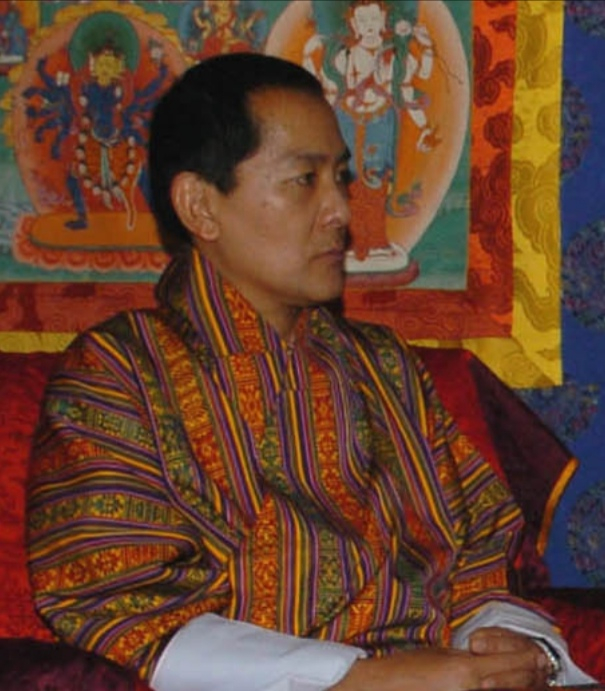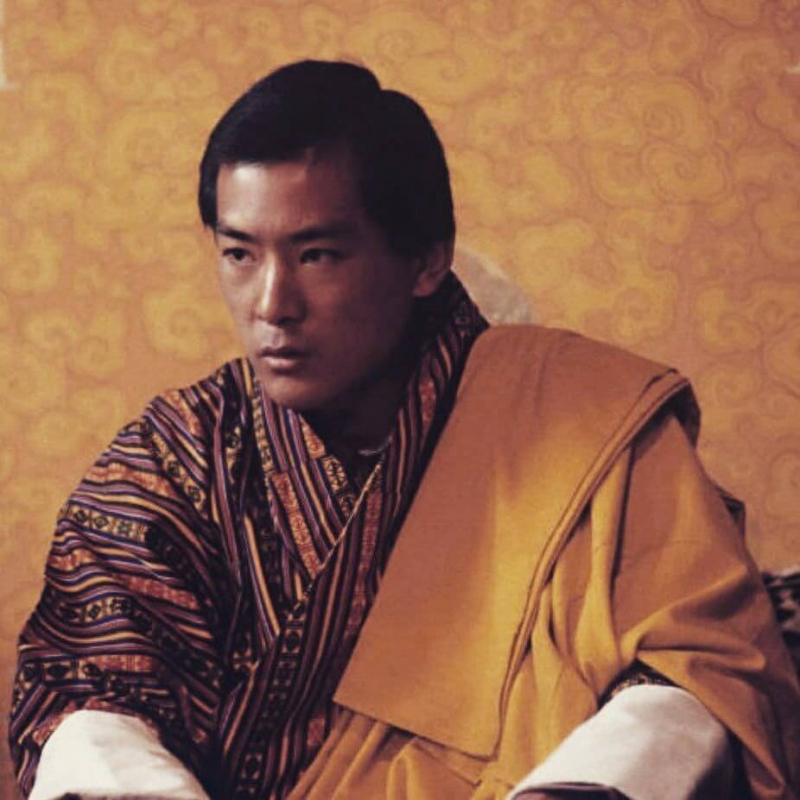Jigme Singye Wangchuck
One of the most important historical figures in Bhutan is Jigme Singye Wangchuck. Jigme Singye Wangchuck (born November 11, 1955) is a member of the House of Wangchuck and the former King of Bhutan (Druk Gyalpo) from 1972 until his abdication in 2006 in favor of his eldest son, Jigme Khesar Namgyel Wangchuck. During his reign, he advocated for the implementation of a Gross National Happiness index rather than GDP to assess citizens' well-being.
In 1986, King Jigme Singye issued a Kasho (royal decree) directing the Planning Commission to guarantee that "the basis for the evaluation of the achievements of the Sixth Plan is to see whether the people enjoy happiness and comfort". The social and economic indicators point to subordinate aims rather than ultimate goals that were to be examined holistically, in terms of GNH. Happiness and happiness were elevated to the pinnacle of success.
The country worked hard to keep important local languages, knowledge, beliefs, customs, skills, trades, and institutions alive. Bhutanese society stayed unified as a result of the Fourth King's promotion of cultural identities. Wangchuck underlined the unique features of Bhutanese traditions. Wangchuck claimed that the "distinctive identity of our country," not the nation's "wealth, weapons, and armed forces," is an important instrument in safeguarding the nation's sovereignty. During Wangchuck's 34-year reign, the ten traditional cultural sciences were given high attention. Wangchuck valued both the intangible and the tangible parts of Bhutanese culture.






